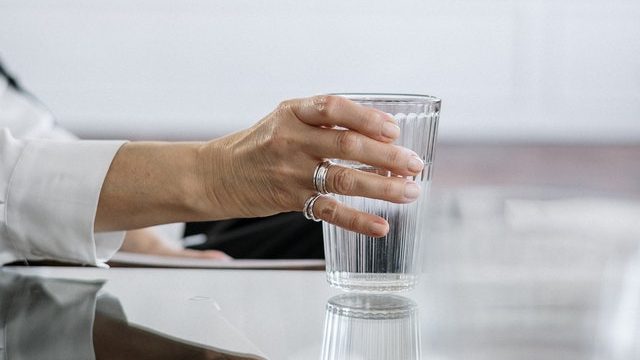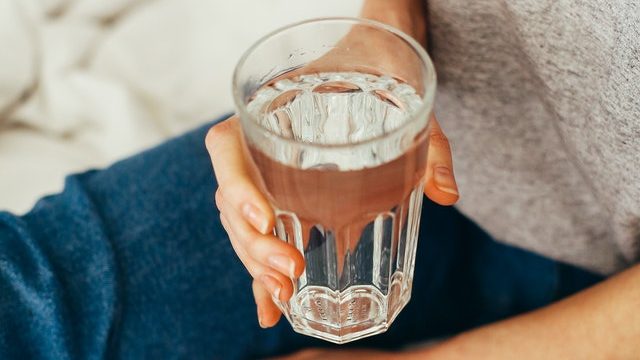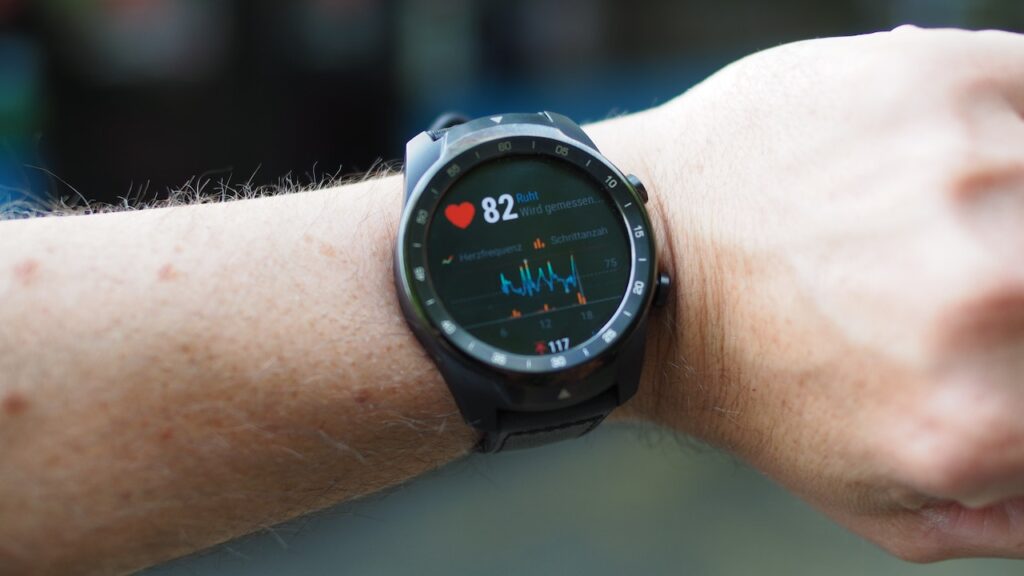Why Staying Hydrated Daily Is Important For Good Health
Water is essential for life, and staying hydrated is crucial for good health. But how much water should you drink each day? In this blog post, we will discuss the importance of staying hydrated and how to use a water intake calculator to determine your daily water needs.
Page Contents
Why Is Staying Hydrated Important?
Water is essential for the proper functioning of various bodily processes, including digestion, metabolism, circulation, and temperature regulation. It helps transport nutrients and oxygen to cells, flushes out waste products, and supports organ function. Adequate hydration is crucial for physical performance, whether you’re an athlete or engage in regular physical activities. Water helps lubricate joints, cushions muscles, and maintains electrolyte balance, which is vital for optimal muscle function and performance.
Staying hydrated is important for maintaining healthy skin, as it helps keep the skin moisturised, plump, and elastic. Dehydration can result in dry, flaky skin and may exacerbate skin conditions such as eczema or dermatitis. Hydration is a key component of the body’s thermoregulatory system, helping regulate body temperature through sweating and evaporation. Staying hydrated is especially important during hot weather or during physical activity to prevent overheating and heat-related illnesses.

Signs Of Dehydration
Urine that is light yellow or clear is a good indication of proper hydration. Dark yellow or amber-coloured urine may suggest that you need to drink more water. Additionally, if you are urinating regularly and your urine is not overly concentrated, it’s usually a sign that you are well-hydrated. Being thirsty is the body’s natural signal that you need to drink more water. Feeling thirsty is usually an early indicator that you may be becoming dehydrated and should drink water to replenish fluid levels.
Dehydration can sometimes cause headaches and dizziness. If you are experiencing these symptoms, it may be a sign that you need to drink more water. Dehydration can also cause an increase in heart rate and a drop in blood pressure. If you notice changes in your heart rate or blood pressure, it may be a sign of dehydration and should prompt you to drink more water.
How Much Water Should You Drink Each Day?
The amount of water you should drink daily depends on various factors such as your age, sex, weight, activity level, climate, and overall health. While there is no one-size-fits-all answer, a general guideline is to aim for adequate hydration by drinking enough water to satisfy your body’s thirst and to maintain pale yellow or clear urine colour.
A common recommendation is to drink eight 8-ounce glasses of water per day, which is equivalent to about 2 litres (64 ounces) of water. This is known as the “8×8” rule and is easy to remember, but it may not be sufficient for everyone, especially those who are physically active, live in hot climates, or have specific health conditions.
A practical approach to determining your daily water intake is to listen to your body’s thirst cues and drink water whenever you feel thirsty. Additionally, pay attention to urine color and frequency, and if your urine is pale yellow or clear and you are urinating regularly, it’s often a good indicator that you are adequately hydrated.
It’s also important to note that water is not the only source of hydration. Other beverages, such as herbal tea, unsweetened juice, and milk, as well as water-rich foods like fruits and vegetables, also contribute to your overall hydration status. Be mindful of your body’s signals and strive to maintain adequate hydration for your individual needs. Consulting with a healthcare provider or registered dietitian can also provide personalized recommendations based on your specific circumstances.

Factors That Can Increase Your Daily Water Needs
Your daily water needs can increase based on several factors, including:
- Physical activity: When you exercise or engage in other physical activity, your body loses water through sweat. It’s important to drink enough water to replace the fluids lost during exercise.
- Climate: In hot or humid weather, your body may need more water to regulate body temperature and prevent dehydration.
- Health conditions: Certain health conditions, such as diabetes or kidney disease, can increase your daily water needs.
- Pregnancy or breastfeeding: Women who are pregnant or breastfeeding may need to drink more water to support fetal development or milk production.
Using a Water Intake Calculator
To determine your daily water needs, you can use a water intake calculator, which takes into account factors such as age, gender, weight, and activity level. Online water intake calculators can provide personalised recommendations for daily water intake. This can take the guessing out of your water intake. It is recommended to drink your water steadily over the day and avoid drinking loads in one go. As this will be removed as waste.

Tips for staying hydrated
In addition to drinking enough water, there are other ways to stay hydrated, such as:
- Eating water-rich foods, such as fruits and vegetables.
- Drinking other fluids, such as herbal tea or low-sugar sports drinks.
- Avoiding alcohol and caffeine, which can dehydrate the body.
- Carrying a water bottle with you throughout the day as a reminder to drink more water.
Summary of Hydration
Staying hydrated is essential for good health, and drinking enough water each day is crucial to maintain proper bodily functions. By using a water intake calculator and following tips for staying hydrated, you can ensure that you are getting enough water to support your overall health and well-being.


